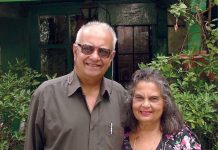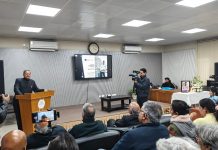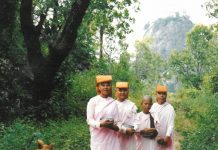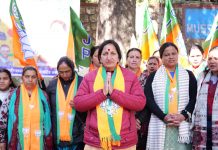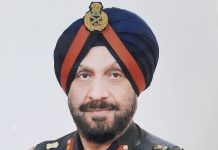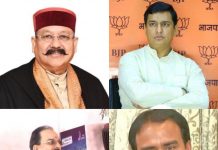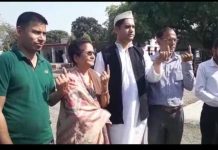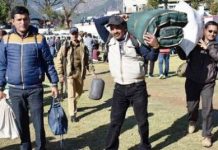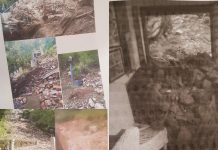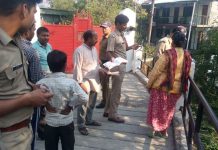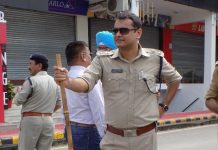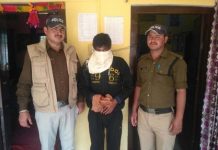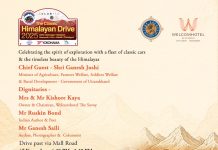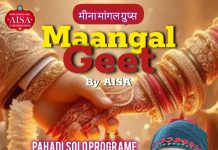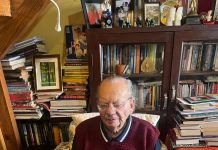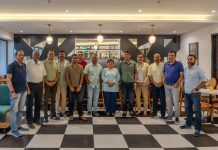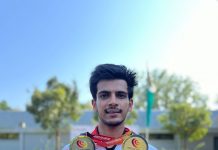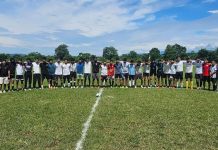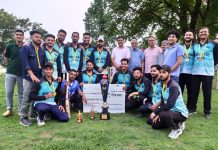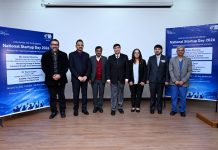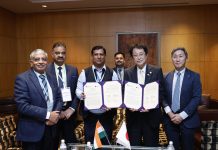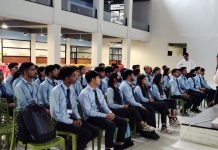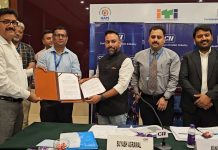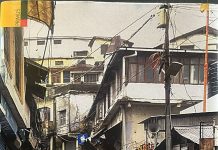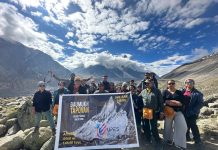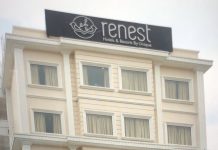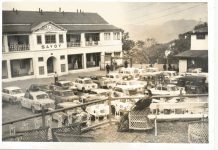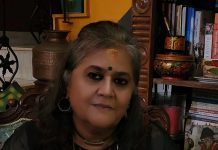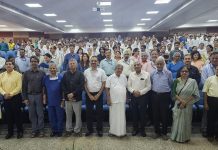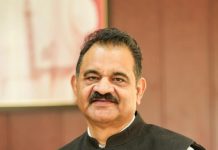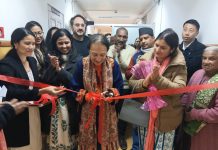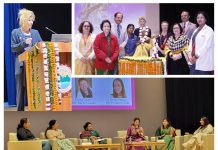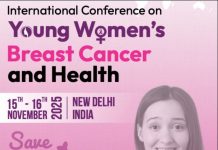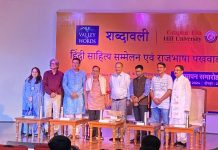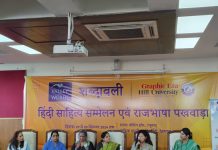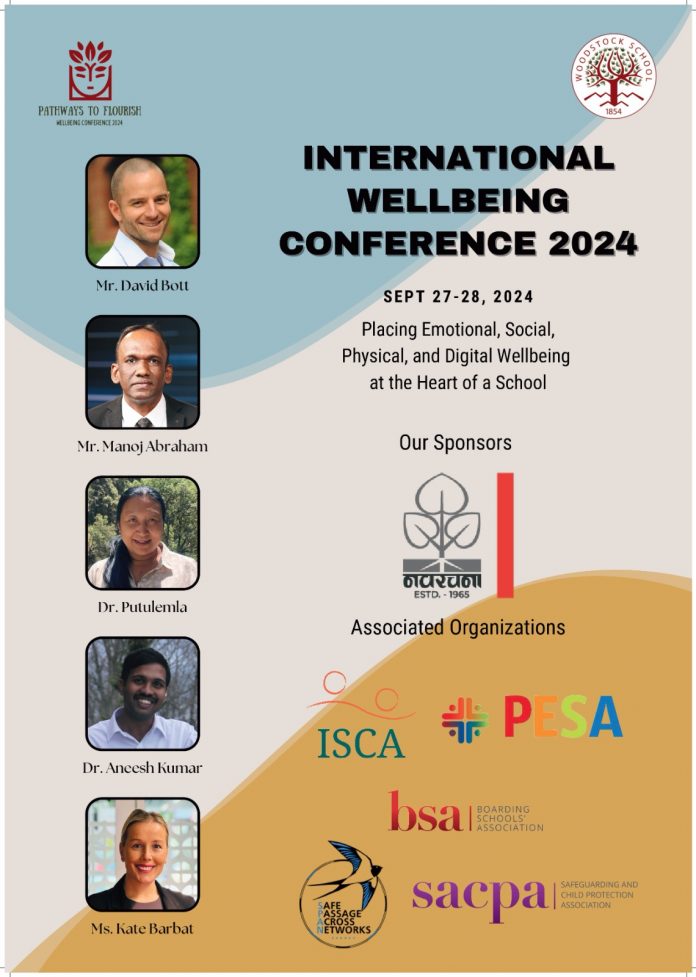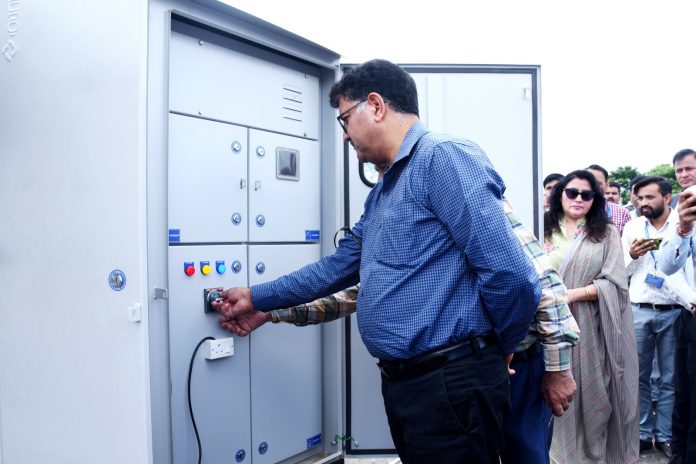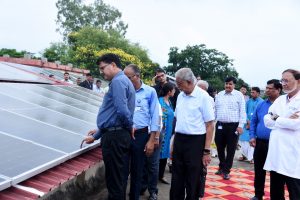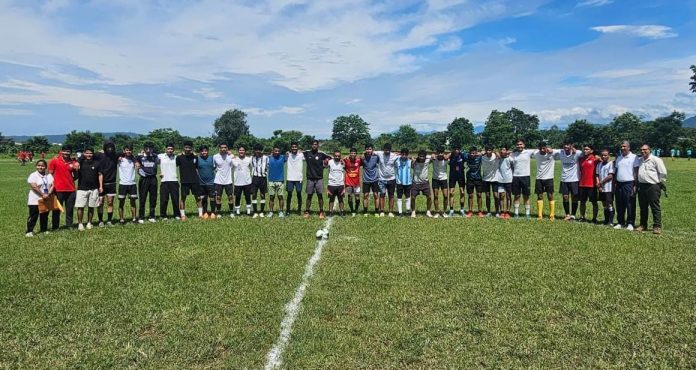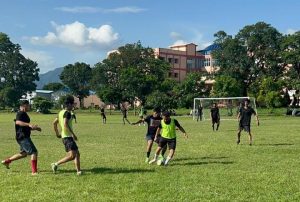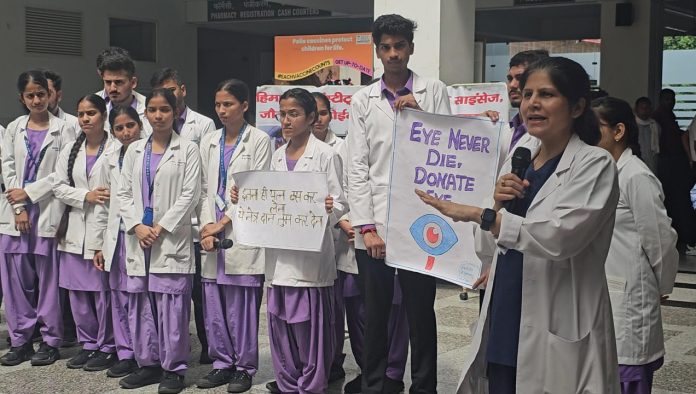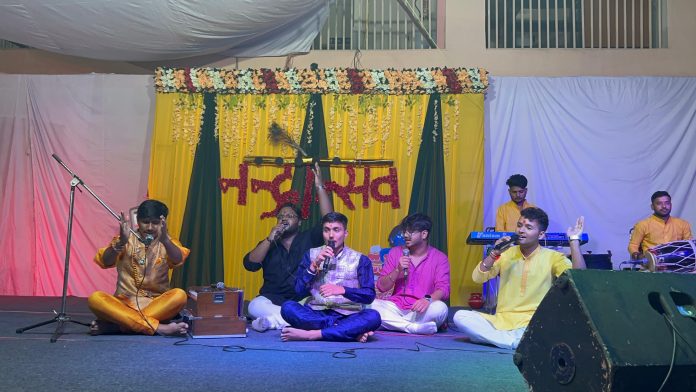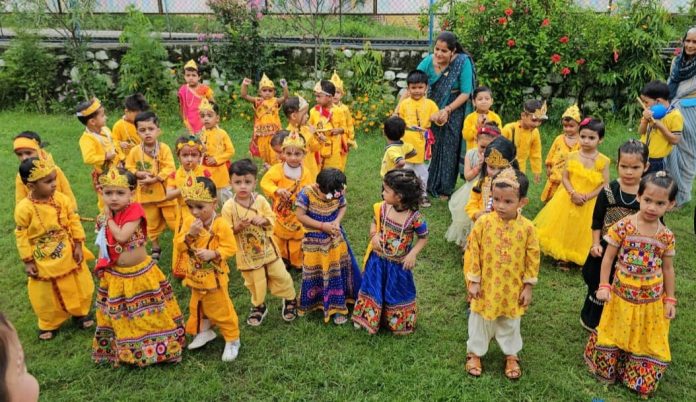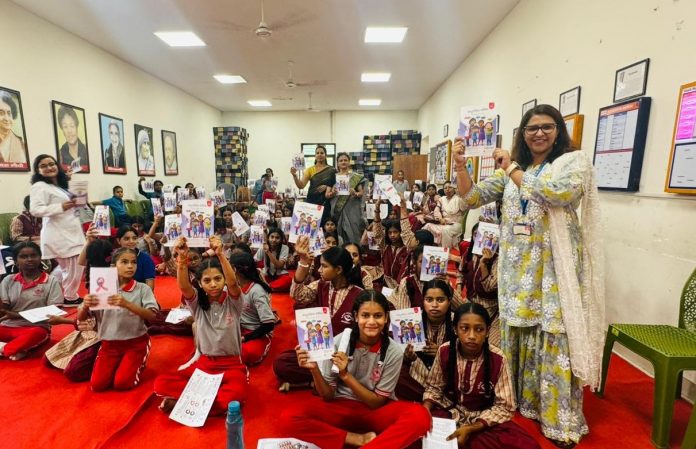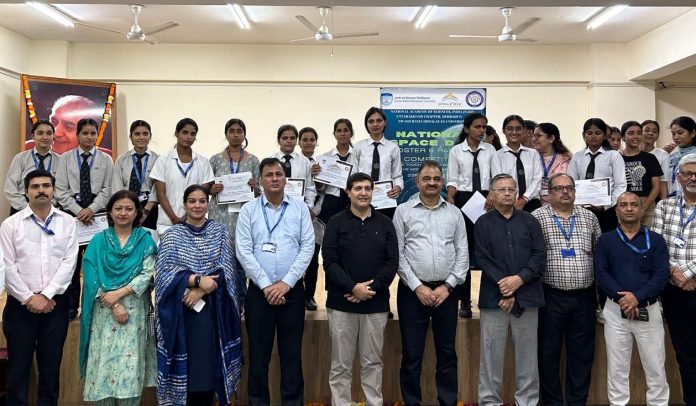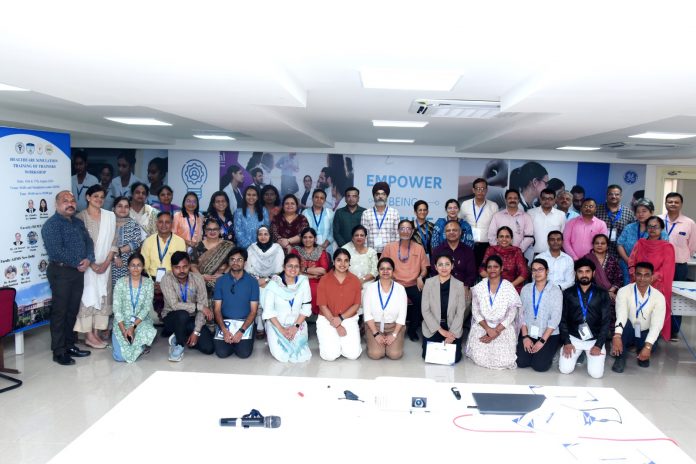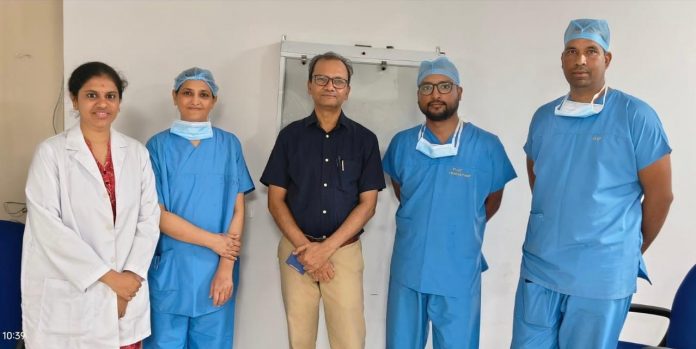Dateline Mussoorie: Woodstock School, a leader in holistic education, proudly announces the inaugural International Wellbeing Conference 2024, themed “Wellbeing at Schools: Pathways to Flourish.” Taking place in the breathtaking hills of Mussoorie, this groundbreaking event to be held on September 27-28, 2024 marks a major milestone for Woodstock School, solidifying its reputation as a trailblazer in promoting holistic approaches to wellbeing in education.
The two-day conference will welcome 145 delegates from 73 schools across 17 Indian states, alongside a school from Nepal, bringing together a diverse group of 220 participants. This unique platform is designed to explore innovative strategies and frameworks that enhance student wellbeing, mental health, and emotional resilience in schools.
Participants, including educators, counselors, mental health professionals, and researchers, will benefit from an enriching lineup of keynotes and panel discussions. At the heart of the event is the goal to empower school communities with the knowledge and tools necessary to better support the mental health and wellbeing of the next generation. Woodstock’s pioneering spirit and commitment to innovation position it as a leader in sharing resources and fostering mental wellbeing, particularly at the grassroots level.
Binu Thomas, Head of Counseling at Woodstock School and the visionary behind the conference, emphasized: “The wellbeing of students is more important than ever. We are bringing together a diverse range of experts to collaborate and share insights on how schools can cultivate flourishing environments for all students. This is about building school communities that better support the mental health and wellbeing of the next generation.”
Alongside the educational focus, the conference also embraces Woodstock’s commitment to social responsibility and sustainability. Local vendors, including a shoemaker, an HIV palliative care unit, and an autism support unit, will exhibit their products, directly benefiting from sales. To ensure inclusivity, Woodstock is offering free registration and accommodations for deserving participants, ensuring financial constraints do not prevent access to this valuable event.
In support of community impact, conference attendees will receive handcrafted bags made by women from Uttarakhand’s interior villages, supporting their livelihoods. Additionally, Woodstock remains committed to environmental sustainability, with most printed materials made from recycled paper and pens crafted from dried coconut leaves to minimize the event’s environmental footprint.
The conference will attract notable media attention, with Bollywood director-singer duo Vishal and Rekha Bharadwaj managing social media coverage. For more updates and behind-the-scenes insights, follow along via social media, including this Instagram post: https://www.instagram.com/reel/C_dOJdwI_oo/?igsh=Y25yMTdpeGJucDdi.

